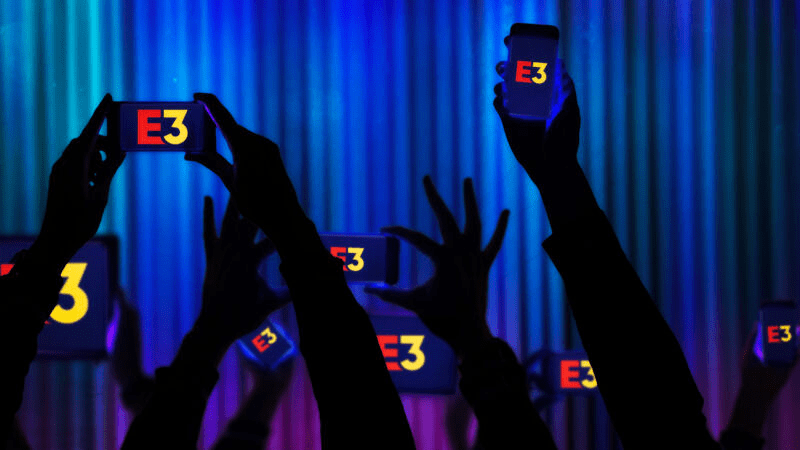The curtain has officially fallen on the Electronic Entertainment Expo, once hailed as the pinnacle of gaming conventions and media platforms.
In a poignant announcement, Stanley Pierre-Louis, president and CEO of the Entertainment Software Association (ESA), confirmed the closure of E3, an event that for over twenty years stood as the heart of the U.S. and global video game industry.
A combination of factors, including emerging competition, the withdrawal of partners, shifting audience behaviors, and the disruptions of the pandemic era, ultimately led to the demise of E3. Despite numerous attempts to revive the event since its inception in 1995, it has now reached its conclusion.
Acknowledging the immense passion the industry, players, and creators shared for E3, Pierre-Louis emphasized the difficulty of bidding farewell to such a cherished gathering. However, in recognizing the industry’s evolution, he deemed it the appropriate decision, citing new avenues available to engage fans and partners.
These fresh opportunities encompass online video conferences, providing direct access to audiences without the financial burdens of traditional trade shows—eliminating expenses like booth fees, travel costs, and rigid presentation schedules. The advent of formats like Nintendo’s ‘Direct’ in 2011 paved the way for video-centric news conferences unveiling new games and products.
The initial catalyst for change came in 2018 when Sony PlayStation opted out of the event, setting off a chain reaction as other vendors and companies followed suit. Geoff Keighley, a former E3 collaborator and journalist, subsequently departed from assisting the ESA, creating his successful separate events, such as the Summer Game Fest and enhancing showcase formats within events like the annual Game Awards.
E3’s recent attempts to attract a broader audience by allowing public attendance at its 2019 event fell short amidst the pandemic’s impact. Quarantines prompted game publishers to pivot to online conference formats with varying degrees of success.
Pierre-Louis, in an interview with The Washington Post, acknowledged the challenges that hindered attendance, highlighting the shift in focus from a marketing-centric business model to more direct consumer engagement through individual showcases.
Before E3’s establishment, video games were relegated to the sidelines at the Consumer Electronics Show in Las Vegas. The ESA’s creation of E3 as a trade show aimed to facilitate interactions between retailers, game publishers, and creators.
Reflecting on its growth from a niche trade show to a globally recognized multimedia spectacle, Pierre-Louis emphasized the industry’s underestimated role in innovation, art, and economic growth.
E3 was more than a platform; it was a stage where iconic moments unfolded, introducing gaming luminaries and their creations to the world. Memorable showcases like Hideo Kojima’s groundbreaking presentation for ‘Metal Gear Solid 2’ in 2000 and Reggie Fils-Aimé’s charismatic stage presence in 2004 became defining moments in gaming history.
Efforts to fill the void left by E3 continue, with the Game Awards emerging as a cultural force, albeit criticized for its heavy emphasis on advertising that sometimes obscures the industry’s achievements.
In closing, Pierre-Louis expressed optimism for the future, highlighting the burgeoning possibilities for companies to craft their individual showcases and collaborate with diverse industry events. This evolution signifies an exciting opportunity to engage new audiences in innovative ways within the dynamic landscape of the gaming industry.












